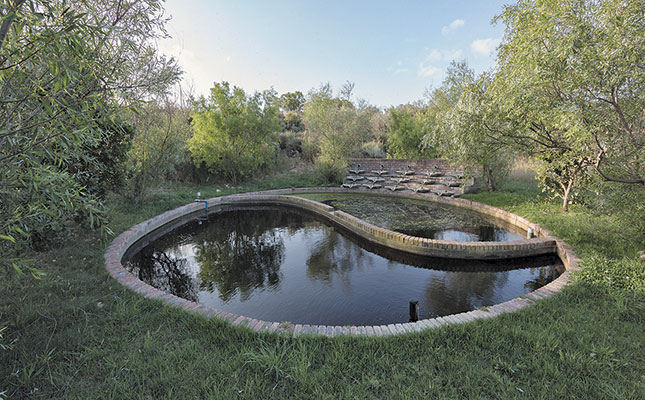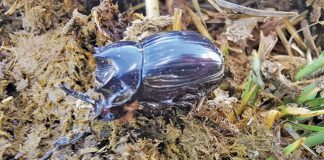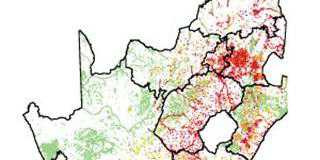
Photo: Supplied By Spier Estate
South Africa generates almost 54 500t of waste a day, making it the 15th-largest producer of waste in the world, according to the World Bank. Waste management has become a growing environmental concern, and companies have a pivotal role to play in addressing it.
One company that has taken this challenge seriously is Spier Wine Estate, which started focusing on sustainability and putting waste management plans in place more than a decade ago.
Waste management
In order to reduce the amount of waste it was sending to landfills, Spier decided to improve its recycling efficiency.
“Each section of the business [hospitality, wine operation and farm] sorts its waste individually. The waste is then taken to the farm’s sorting facility and sorted a second time to make absolutely sure that as much as possible is recycled,” explains Heidi Newton-King, sustainability and human resources director at the estate.
The company has partnered with WastePlan, which has an onsite sorting facility at Spier and assists with the recycling.
In 2009, two years after putting a waste measurement process in place, 32% of the total waste went to the landfill. By May of this year, Spier was sending only 1,75% (just under 6t) to the landfill. “This is slightly less than six bakkie loads,” says Heidi.
Spier is currently working towards keeping its landfill proportion to below 1%.
The tree-preneur project
According to Heidi, Spier management has had to think creatively about re-using and recycling waste, and this has involved diverting some of the waste before it goes to the sorting facility.
“We have a tree-preneur project in partnership with Wildlands, whereby local communities are given seedlings to nurture [in recyclable containers] until they have reached a certain height. They can then barter the trees for vouchers.”
These can then be used to buy food, clothing, agricultural goods, tools, bicycles and educational support.
“The fact that we’re diverting some of our waste to this project is a big part of why waste is being successfully managed at Spier. Staff are able to make a direct connection to waste being valuable if it is diverted before landfill.”
Heidi adds that their tree-preneur project manager is also building a nursery from plastic water bottles.
In 2007, Spier installed a waste water treatment plant that recycles 100% of the farm’s waste water. This is used to irrigate the garden and grounds and supply a guest ablution facility.
Changing perceptions
According to Heidi, a change in mindset was necessary to ensure the success of the waste management programme.
“Changing people’s perception of waste was one of our toughest challenges. We’ve come to
realise that people don’t really want to deal with waste and they’re not really interested in where it goes as long as it’s not around them.”
She stresses that waste management at Spier has gone beyond merely reducing the waste that the business produces. It has also involved a complete rethink of inputs, amongst other things.
“We’re consistently evaluating our purchasing decisions as new items are brought into the stream at all times,” she says.
Keep it simple
Heidi advises businesses wishing to reduce waste to keep the process simple. “Start with two bins and determine what goes to landfill and what is mixed recyclables. This is a good place to start, as recycling can be quite challenging.”
She adds that keeping track of a waste management programme means knowing how much waste is hauled from a business or farm.
“Do a simple bakkie load test. Determine how many loads you send to landfill, and start implementing small targets to gradually reduce your loads.
“On a farm, no organic waste should ever go to a landfill. It can be used as compost.”
According to Heidi, organic waste is one of the largest contributors to landfill waste in the Western Cape.
She concludes by emphasising that the most important factor in a successful waste management programme is to start cultivating good habits through training and education.
E-mail Heidi Newton-King at [email protected].











